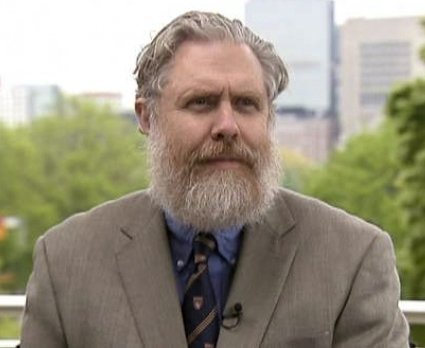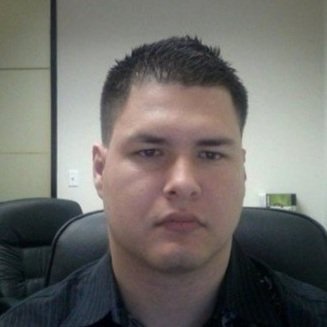We’re Redefining What It Means to Grow Older
The AgeMeter Is the successor to the H-SCAN Functional Age Test that pioneered Biological Age measurement in 1990, when A4M (American Academy of Anti-Aging Medicine) had its first conference.
In the twenty-first century, our company became an H-SCAN worldwide dealer and eventually became the H-SCAN’s sole distributor. Years later, the H-SCAN inventor semi-retired and discontinued the the H-SCAN. He suggested that our founder, Elliott Small, to go ahead with his blessing and create a modern internet and touchscreen enabled version of the H-SCAN.
We’re building a world where people track their aging process the same way they track fitness, heart health, or sleep — with data, insights, and personal empowerment.
Inspired by Leading Scientists
Our mission is inspired by the work of longevity pioneers like Dr. David Sinclair and his senior colleague and our advisory board member Dr. George Church, who is a major DNA sequencing pioneer, electee of the National Academy of Sciences, and TIME 100 Most Influential People Titan.
Advisory Board
-

Dr. George Church, Science Advisor
World Renowned Scientist; Heads lab with ~100 scientists as Genetics Prof. Also Health Sciences Prof.; Awards: National Academy of Sciences Member; Franklin InstituteAward for For Development of DNA Sequencing Method (past awardees include Einstein, The Curies, Edison, Hawkings); TIME World’s 100 Most Influential People in Titan category
-

Dr. Adrian Low, Business/Medical Advisor. Investor. Celebrity Doctor President
Hong Kong Psychology Assn. VP, Hong Kong Society of Counselling & Psychology. Chartered Psychologist in British Psychological Society. Created Psychological Compass & Brain Reset Supplements. First Chinese Psychologist to do biofeedback stress research in major company. Raised stress research standards academically and practically.
-

Dr. Ronald Dunlap, MD, FACC. Medical Advisor
Board Member & Former President of Massachusetts Medical Society which is Publisher of New England Journal of Medicine where he is Former Tech. Advisor) Tufts School of Medicine
-

Nicole Layne, Business Advisor
B.A. Yale, MBA Wharton, Former Associate at Mckinsey & Company, Former Director of Enterprise Product & Experience Strategy at Home Depot.
Team
-

Elliott Small, Founder, President and CTO
Harvard BA Biochemistry. 7 patents: Aging Reversal Methods & Compositions (4 issued), Rapid Battery Charging (3 issued). Chemist: Kraft Foods. Computer Coder.
-

Edward Layne, CMO (Chief Medical Officer). MD, SCM
Harvard College, Tulane Medical School, Harvard Medical School Post-grad, Medical Director, Gastro and Nutritional Clinics, 3 locations in Atlanta, GA.
-

Sunny Clark, CITO
Senior Software Engineer Consulting at Complex Nerve Inc. Many years of IT Experience with skills in nearly every aspect of information technologyDescription goes here
-

EJ Layne, COO
Senior Program Manager, Microsoft (4 patents), BS/MS Computer Science, Georgia Institute of Technology
-

Joe Strickland, IT Advisory
Technology Delivery Management Director, CCI, Atlanta, GA BS Computer Science, Morehouse College

